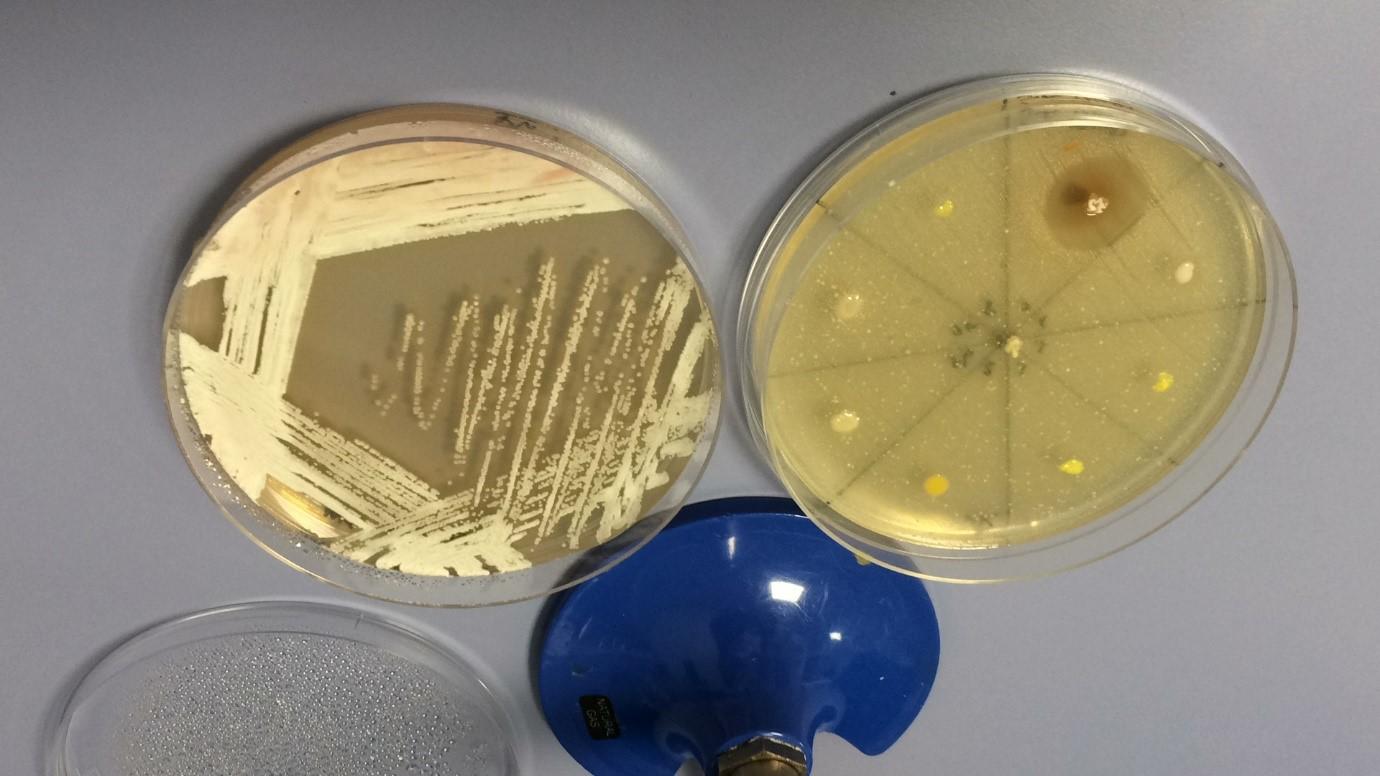Mining deep-sea sponges for novel antibiotics

The Microbiology Society is undertaking a project entitled A Sustainable Future as part of our 75th Anniversary, which aims to highlight the Sustainable Development Goals (SDGs) to our members and empower them to use their research to evidence and impact the goals. Earlier this year, we put a call out to our members to submit case studies in the following three areas: antimicrobial resistance, soil health and the circular economy.
This case study is written by Matthew Koch, who is a PhD student at the University of Plymouth and a member of the Microbiology Society. It focuses on antimicrobial resistance; a naturally occurring process, whereby micro-organisms (bacteria, viruses, fungi and parasites) can change and adapt over time, either by modifying the target of the antimicrobial, or by developing and exchanging resistance genes.
Introduction to the project
By the year 2050, deaths attributed to antimicrobial resistance are predicted to kill more people than cancer, as well as having a stark impact on the efficacy and safety of routine surgical procedures. The threat posed by the emergence of antimicrobial resistance has brought with it the need to discover novel agents. Marine sponges have emerged in recent years as one of the most prolific sources of novel antimicrobial drug candidates. The majority of research to date, however, has focused on sponges that have been obtained from shallow waters (less than 200m in depth).
What are the challenges/needs that this research addresses?
The rediscovery of known compounds has led researchers to expand the search for new antimicrobials to unexplored areas. Screening bacteria obtained from previously uncharacterised sponges brings with it the potential to discover novel antimicrobial agents, as well as novel strains. In addition to addressing the urgent need for new antimicrobials, understanding the biotechnological potential of the sponge/deep-sea environment has the potential to inform policy on environmental conservation. Deep sea, and in particular sponge bacteria have been shown to play important roles in ecological processes such as nutrient cycling. By characterising the microbiome of the host sponges, we can begin to predict and unravel some of the roles these bacteria might play.
What findings and solutions were provided by this research?
Bacterial cultivation from sponges was optimised using techniques designed to mimic the natural environment, such as with the use of increased atmospheric pressure. Bacteria were screened for antimicrobial activity and investigated using a multi-faceted approach incorporating traditional microbiology, bioinformatics and biochemical analyses. Obtaining metagenomic information also allows us to answer questions about the sponge microbiota and to explore the antimicrobial potential of the sponge microenvironment as a whole. This approach also allows us to identify potential drug candidates that may not be obtainable directly by bacterial cultivation.

Screening bacteria for antimicrobial resistance in the lab
How can this research support the transition to a more sustainable future?
By providing information regarding the biotechnological and ecological potential of the deep-sea environment, we can begin to build a picture of how important the sponge microenvironment is. With the prospect of deep-sea mining, habitat destruction, ocean warming and acidification it is becoming imperative to understand the vital ecological importance of these underexplored environments.
What is the future for research and innovation in this area?
Advances in the technology of submersible and Remotely Operated Vehicles (ROVs) will allow us to collect deep-sea samples more cheaply and effectively. The ability to expand the percentage of bacterial species capable of being cultivated will also add to our ability to discover novel antimicrobials. Similarly, advances in in silico characterisation will help to facilitate more accurate and more widespread genome mining. There are also advances being made in the use of alternate therapies to antibiotics and in prevention of the spread of resistance, however these three things serve as areas for innovation that will hopefully lead directly to the discovery of novel antimicrobial drug candidates.

About the author
Matthew Koch is a PhD student at the University of Plymouth and a member of the Microbiology Society. More information about his work is available here.


